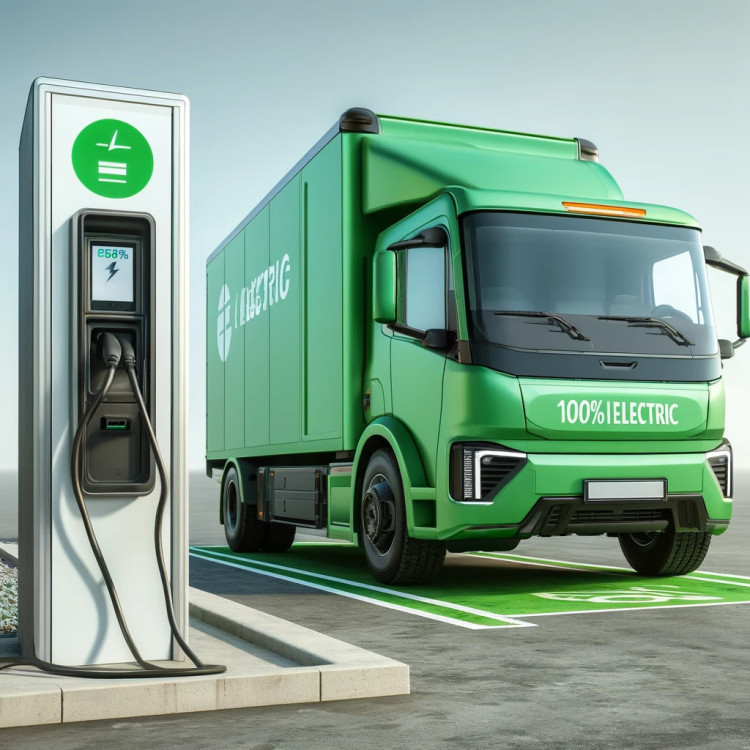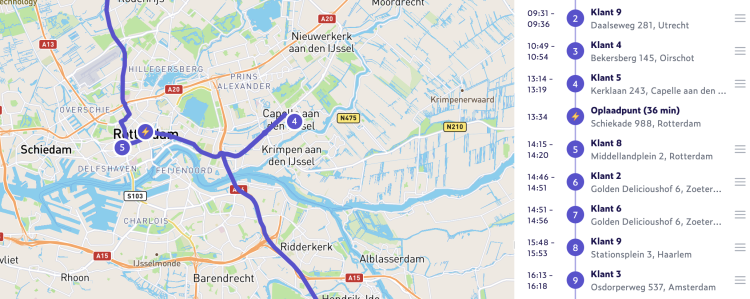The future of urban logistics
Michael van Wijngaarden, an independent consultant with a focus on sustainable urban logistics, begins his talk with a clear mission: to make cities cleaner and smarter. He stresses the importance of reducing CO2 emissions and improving air quality in urban areas. This endeavor is becoming increasingly urgent as cities prepare to implement zero-emission zones, which will take effect from 2025.
The zero-emission zones, a result of the Climate Accord, will restrict access to urban areas for vehicles that do not meet strict emissions standards. This means that older vehicles will gradually be banned from driving in these zones starting in 2025. This has major implications for business owners operating in urban areas.
What do zero emission zones mean for business owners?
For many business owners, the introduction of zero-emission zones presents significant challenges. Michael explains that it is crucial to anticipate these changes in a timely manner. Entrepreneurs must not only adapt their vehicles, but also rethink their entire logistics process. In doing so, it is important to have a good understanding of your current operations and the potential impact of the zero-emission zones on your operations.
Business owners who use vans, for example, will have to look at the emissions class of their vehicles and find out whether they will still be allowed to drive in urban areas after 2025. There are transitional arrangements, but ultimately all vehicles will have to be emission-free to maintain access to these zones.
Innovative solutions and collaboration
One of Michael's key messages is that entrepreneurs must be creative in dealing with the new challenges. He shares examples of entrepreneurs who have successfully anticipated the changes by restructuring their logistics, such as downsizing vehicles or leveraging city hubs for fine-mesh distribution in urban areas.
He also stresses the importance of cooperation between governments and entrepreneurs. Cities such as Rotterdam are already taking the lead in this by actively involving entrepreneurs in the transition to clean urban logistics. Through platforms such as Logistiek 010, which now has thousands of companies affiliated, a community is being created that is working together for a more sustainable future.
Preparing for the future
The transition to zero-emission zones is not easy and will require changes for many businesses. Michael stresses the importance of taking steps now. This starts with being well informed about the new rules and opportunities, such as taking advantage of subsidies and exemptions. Business owners need to take a critical look at their operations and think about how to adapt to the new reality.
This only gives an impression of Michael van Wijngaarden's interesting story. Don't want to miss anything? Then listen to the full podcast episode on Spotify for all the ins and outs.
Listen to the podcast for all the details




